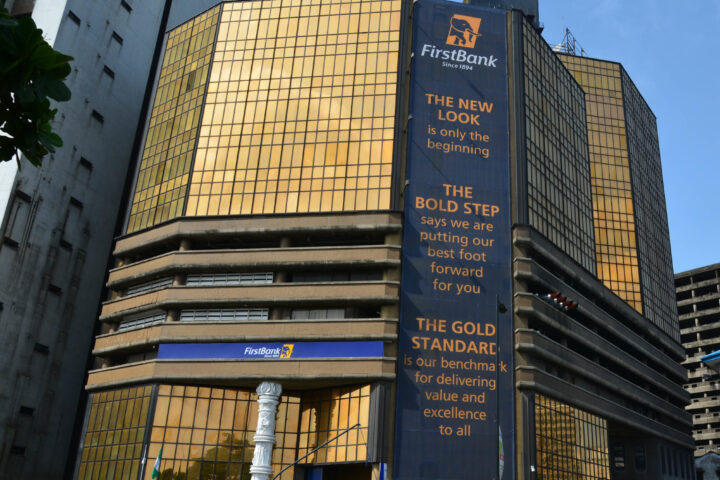The Central Bank of Nigeria (CBN) has increased the Monetary Policy Rate (MPR) following a hike in inflation rate in June. The central bank made the decision after Tuesday’s Monetary Policy Committee (MPC) meeting.
Godwin Emefiele, the central bank governor raised the MPR from 13% to 14%, stating that inflation and declining purchasing power were reason for the upward review which will negatively affect Nigerian households in short term, and also the employment market.
Join our WhatsApp ChannelHow CBN’s MPR affects Nigerian households?
The increase in MPR means loan interest rate is now pegged at 14%. Prime Business Africa understands this will raise credit cost, making borrowing costly for households and businesses in Nigeria.
Increment in credit interest will force companies to increase prices of goods and services offered to their customers, and in return, negatively affect consumers’ spending, forcing households to cut purchasing power.
The value of money held by households will fall, making it impossible for them to continue buying goods at the same level they use to. In response, companies will be forced to do two things, cut prices and sack some employees.
While companies cutting prices will enable households raise their spending volume again, it will cause job loss, and raise Nigeria’s unemployment rate, which is currently 33% as of Q2 2022.
Aside from companies having to cut prices and workforce, firms will also be compelled to reduce investment in their operation, thereby, employment growth will be sluggish in the second half of this year.


















Follow Us